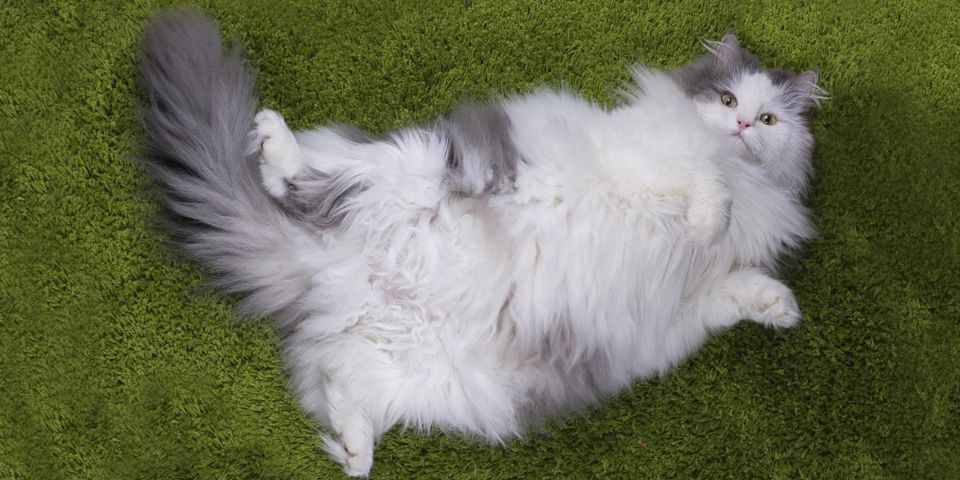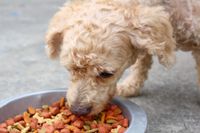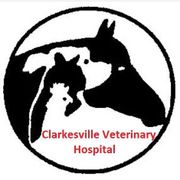
Cat and dogs are part of the family, so it’s essential for pet owners to do everything they can to improve their health. Veterinarians warn that obesity is a growing problem for pets in the United States, and according to the Association for Pet Obesity Prevention, approximately 60% of cats and 56% of dogs are overweight. Help your pet avoid the various health risks associated with obesity with the following weight loss guide.
How to Get Your Pet Into Shape
1. Cut Back on Treats
There is nothing wrong with offering treats for good behavior or using them to train your pet. However, too many can lead to weight gain. Make sure to take treats into account when you are calculating your pet’s calorie intake. Pet nutrition experts state that treats should not make up more than 10% of your pet’s diet.
2. Keep Them Active
Active pets are much less likely to end up overweight, so find activities that your pet enjoys to get them up and exercising. Play fetch or tug of war, go for a walk or jog, or find exercise toys for your dog. Cats can be a bit more difficult. Look for stimulating toys that will entice them into giving chase, such as wands and toys shaped like small animals. If you can train them to use a harness, some cats will even take to going on walks.
3. Serve Smaller Meals
 Many owners will fill their pet’s food dish without knowing how much they’re feeding them. Measuring your pet’s meals is a simple but effective method of limiting calories. Feed them smaller, more frequent meals based on their daily activity, calorie needs, and the feeding guidelines on the food container. Your veterinarian can help you calculate how many calories your cat or dog should be getting.
Many owners will fill their pet’s food dish without knowing how much they’re feeding them. Measuring your pet’s meals is a simple but effective method of limiting calories. Feed them smaller, more frequent meals based on their daily activity, calorie needs, and the feeding guidelines on the food container. Your veterinarian can help you calculate how many calories your cat or dog should be getting.
4. Choose Food Strategically
Your pet’s diet should meet daily nutritional requirements while limiting calorie intake and carbohydrates. Both cats and dogs need a diet rich in lean proteins, but since cats are obligate carnivores, meat should be their primary protein source. Raw and canned foods are higher in meat-based protein and lower in calories and carbs, so consider including them in your pet’s diet.
5. Consult Your Veterinarian
Without doing hours of research and performing trial-and-error runs of new diets, it’s difficult to determine the best way to get your pet’s weight down. Before you make any drastic dietary changes, it’s important to consult your veterinarian. They will help you determine a balanced nutritional plan that accounts for your pet’s age, breed, and lifestyle.
Are you concerned about your pet’s weight? Come to Clarkesville Veterinary Hospital for personalized pet care and advice. Their staff of certified veterinarians prioritize the comfort and well-being of every patient, so you can be sure your pet is getting the best veterinary care in the Habersham County, GA, area. Whether you need pet boarding services, nutritional diet products, or parasite prevention, this full-service animal hospital has everything your furry friend needs to stay healthy. Call (706) 839-7387 to set up an appointment today. Check their website for a detailed list of services.
About the Business
Have a question? Ask the experts!
Send your question

